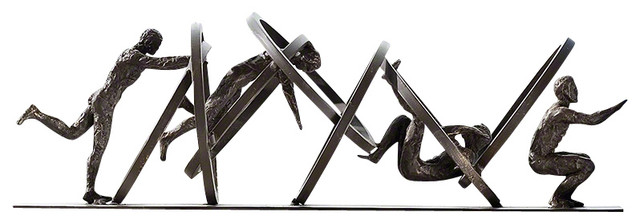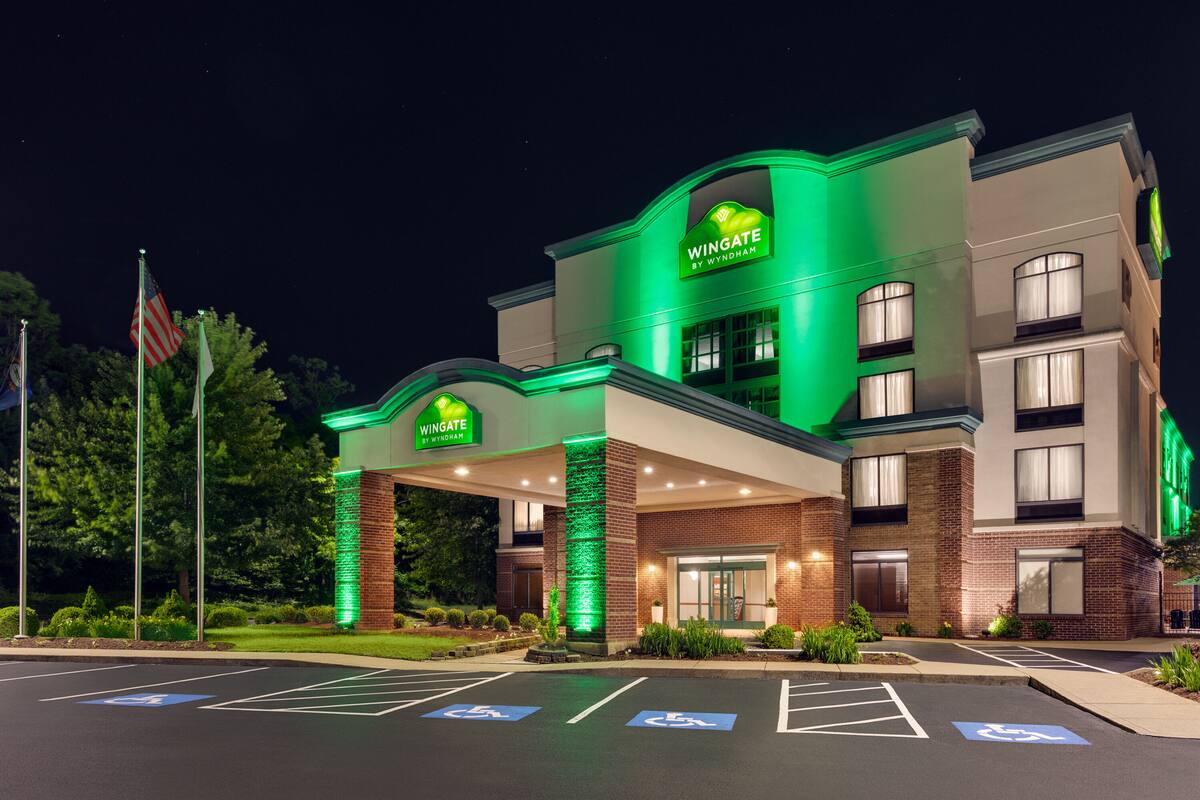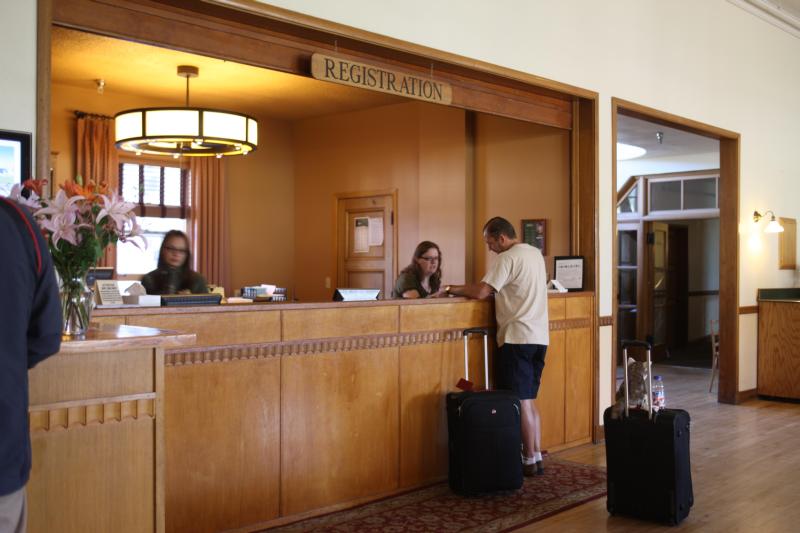Eighty to eighty-five percent of the hotel POS systems out there are either

Get the franchise organizations out of it, and hotel POS systems will get better overnight: the free market and competition would do its power and magic. (I'm going to repost this under 'law' and 'anti-trust law' categories, hoping some ambitious young lawyer who's into anti-trust and mass tort law will get ideas . . . :-) ) Until that day comes, however, hotel POS systems remain in the Ma Bell era.
- so exorbitantly priced that the only reason anyone will buy it and put up with the astronomical monthly support costs is because it's a franchise organization's required purchase (Micros-Opera), or
- such an absolute piece of crap that the only reason anyone will put up with it, period, is because it's some franchise organization's required purchase (ChoiceAdvantage, HSS in its day)
- I have no experience with Marriott's FOSSE and don't expect to (Beechmont isn't a Marriott developer and does not aspire to become one, and FOSSE is Marriott's proprietary system: only Marriott-branded hotels have it.) For all I know, it may be a good system (Marriott owns, or at least itself manages, a lot of their hotels so, like me, they'd have limited patience with such a disease such as Choice Hotels' ChoiceAdvantage, and Marriott would have the size and the clout to insist on the best, and be sure they're getting it); and
- Most Best Western member hotels - whose owners actually have a choice as to which one to go with - use a good one (Visual Matrix) that I actually like.
Get the franchise organizations out of it, and hotel POS systems will get better overnight: the free market and competition would do its power and magic. (I'm going to repost this under 'law' and 'anti-trust law' categories, hoping some ambitious young lawyer who's into anti-trust and mass tort law will get ideas . . . :-) ) Until that day comes, however, hotel POS systems remain in the Ma Bell era.








